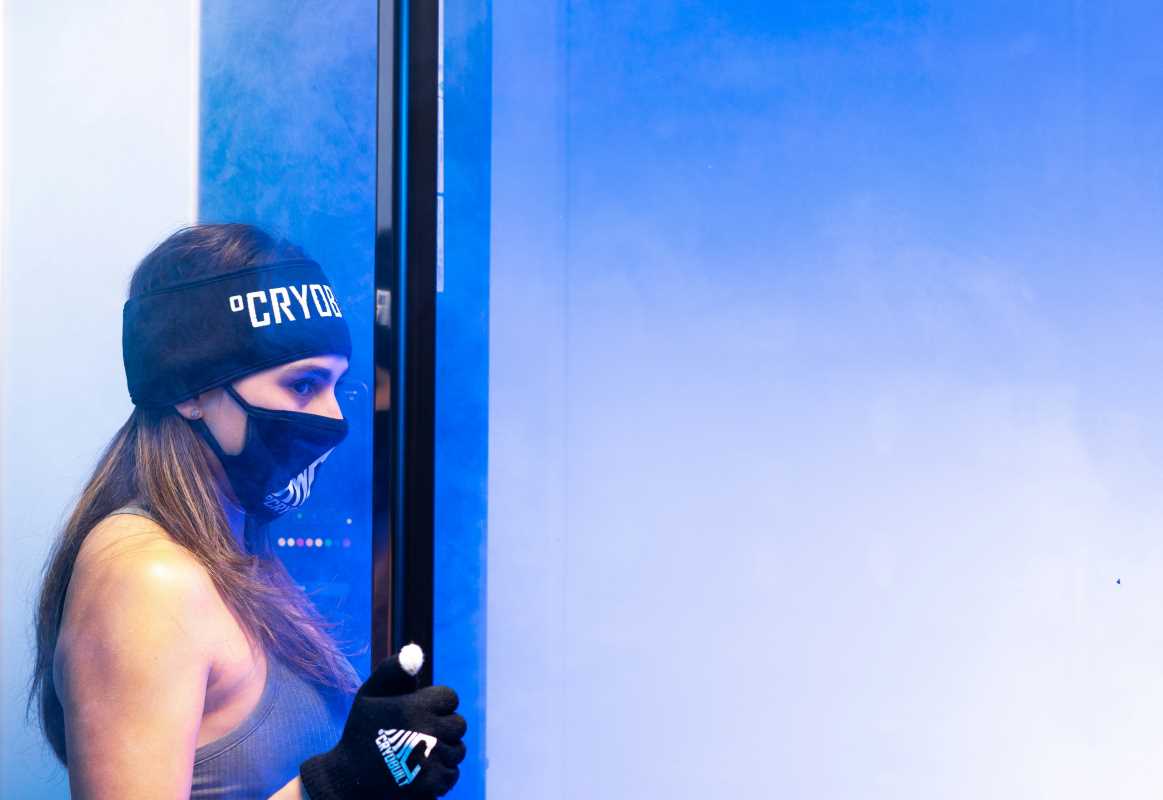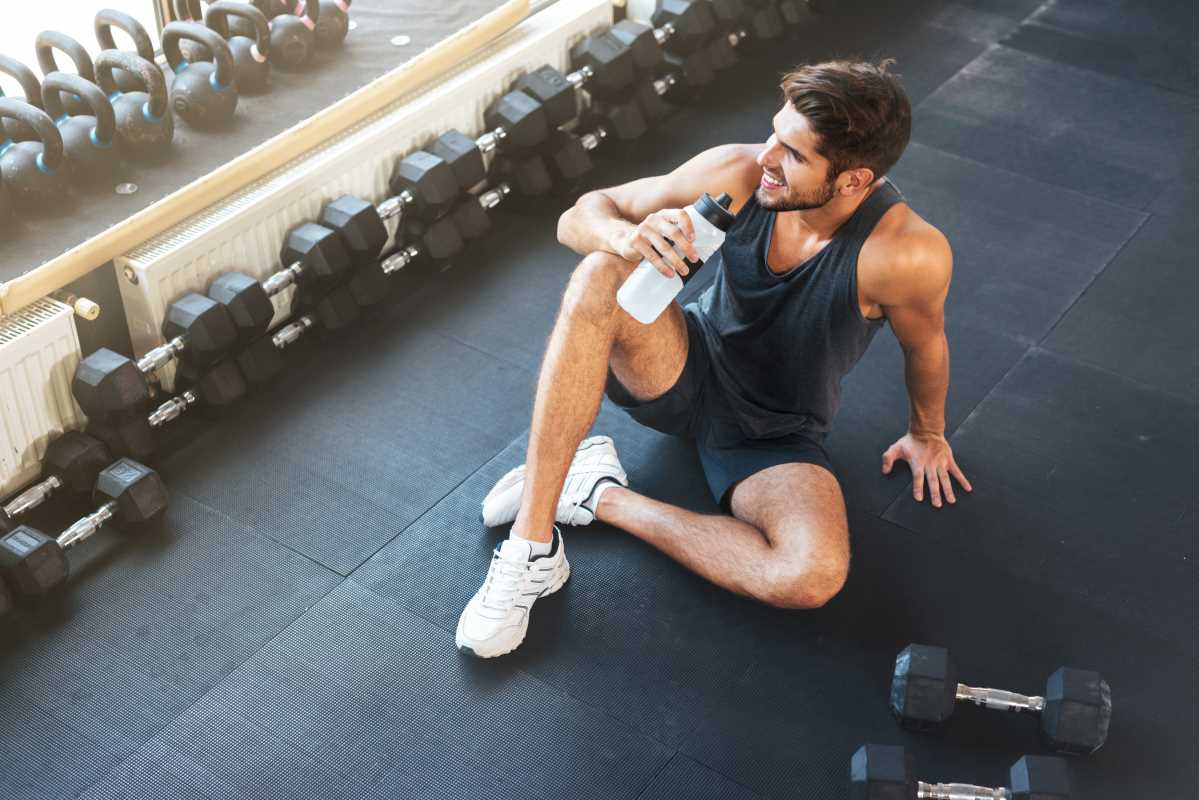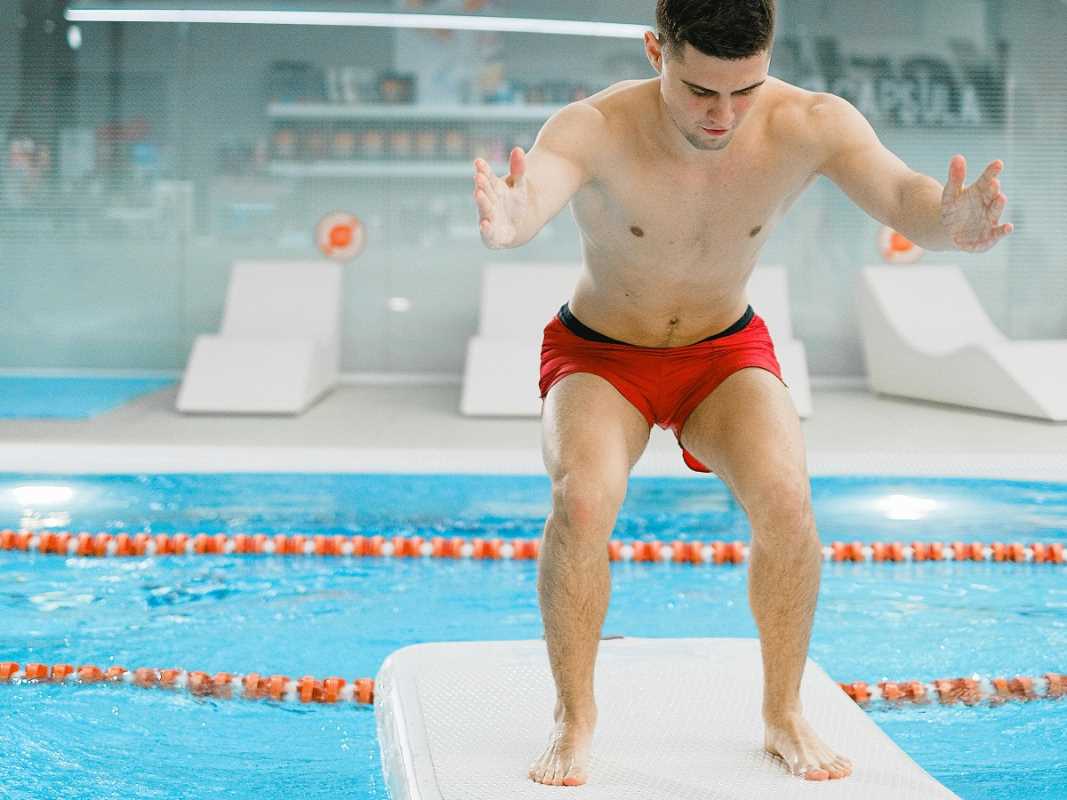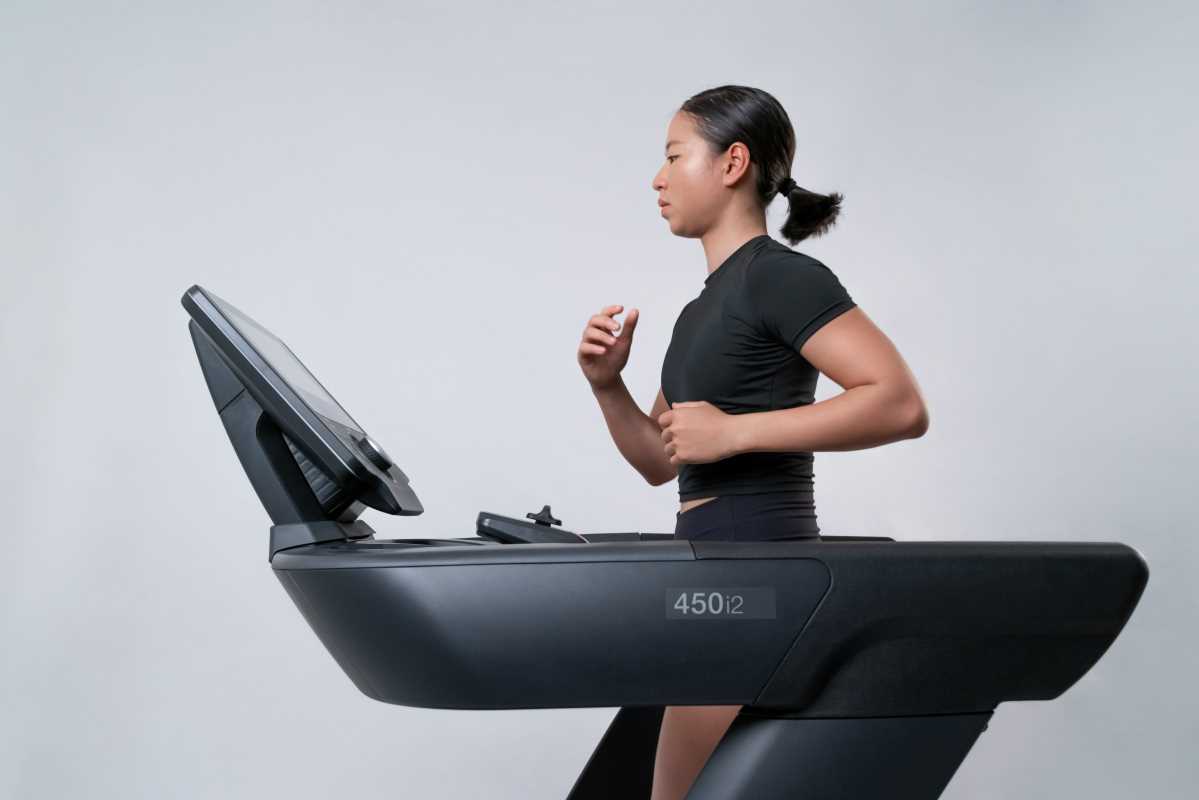Looking to rebound from an injury stronger than before? You're in good company. A growing number of elite athletes are embracing cryotherapy to speed up recovery and elevate their performance to unprecedented levels. Whether you're gearing up for your next major competition or striving to maintain a competitive edge in your sport, cryotherapy is gaining popularity as an effective recovery strategy. This innovative approach is not only helping athletes recover more quickly but also enabling them to push past their previous limits, making it a go-to choice for those dedicated to excelling in their field.
Understanding Cryotherapy
Cryotherapy, simply put, exposes the body to extremely cold temperatures for a short period. People can achieve this in several ways, such as whole-body cryotherapy chambers, localized ice treatments, or even traditional ice baths. The idea is to use the benefits of cold to trigger helpful responses in the body.
During a typical whole-body cryotherapy session, individuals stand in a chamber cooled by liquid nitrogen or refrigerated cold air for about two to four minutes. This brief exposure activates the body's natural healing processes, reduces inflammation, and enhances overall performance. It’s a non-invasive treatment that gains popularity not just among elite athletes but also among regular fitness enthusiasts and those recovering from injuries.
Benefits of Cryotherapy for Athletes
- Reduced Inflammation: Cold temperatures help decrease swelling and inflammation in muscles and joints, speeding up the recovery process.
- Faster Recovery: By reducing muscle soreness and fatigue, athletes can train more consistently and effectively.
- Enhanced Performance: Some studies suggest that regular cryotherapy improves muscle performance and endurance.
- Pain Relief: The numbing effect of cold alleviates chronic pain conditions, making it easier for athletes to maintain their training schedules.
- Improved Sleep Quality: Better recovery often leads to improved sleep, which is crucial for overall athletic performance.
These benefits receive support from various studies and anecdotal evidence from athletes who integrate cryotherapy into their routines. It's important to note that while results can vary, many find the investment in cryotherapy sessions worthwhile for the potential gains in recovery and performance.
Challenges and Limitations
- Cost: Cryotherapy sessions can be expensive, especially for those who want to incorporate it regularly into their training regimen.
- Accessibility: Not all areas have cryotherapy centers, which can limit access for some athletes.
- Potential Side Effects: Improper use can lead to frostbite or other cold-related injuries. It's essential to follow safety guidelines and seek professional supervision when starting out.
- Lack of Long-Term Studies: While short-term benefits are well-documented, a need for more comprehensive long-term research exists to fully understand the impacts of cryotherapy.
- Not Suitable for Everyone: Individuals with certain medical conditions, such as cardiovascular issues or cold allergies, may need to avoid or modify cryotherapy treatments.
Cryotherapy offers several advantages, but it isn't a one-size-fits-all solution. Athletes should weigh these challenges against the potential benefits and consult with healthcare professionals before making it a staple in their recovery toolkit.
Scientific Evidence and Research
- Inflammation Reduction: A study published in the Journal of Sports Science & Medicine found that cryotherapy significantly reduced inflammatory markers in athletes post-exercise, supporting its use for inflammation management.
- Muscle Recovery: Research in the International Journal of Sports Physiology and Performance indicated that athletes who underwent cryotherapy experienced less muscle soreness and faster recovery compared to those who used traditional recovery methods.
- Performance Enhancement: A study from the European Journal of Applied Physiology suggested that regular cryotherapy sessions could lead to improved muscle performance and increased endurance over time.
- Mixed Results on Performance Gains: However, not all studies agree. Some research published in the Journal of Strength and Conditioning Research found minimal to no significant performance improvements, highlighting the need for more targeted research.
- Psychological Benefits: Beyond physical recovery, a study in the Psychology of Sport and Exercise noted that cryotherapy may also contribute to improved mental resilience and reduced stress levels in athletes.
These studies collectively indicate that while cryotherapy holds promise for enhancing athletic performance and recovery, the scientific community continues to explore its full potential and limitations. Ongoing research will help clarify the most effective protocols and long-term benefits for athletes across various sports disciplines.
Cryotherapy provides recovery and performance benefits for athletes, making it a versatile option. Understanding its pros and cons helps in integrating it safely and effectively into training regimens. Knowledge and professional guidance are essential for maximizing its advantages.
 (Image via
(Image via





